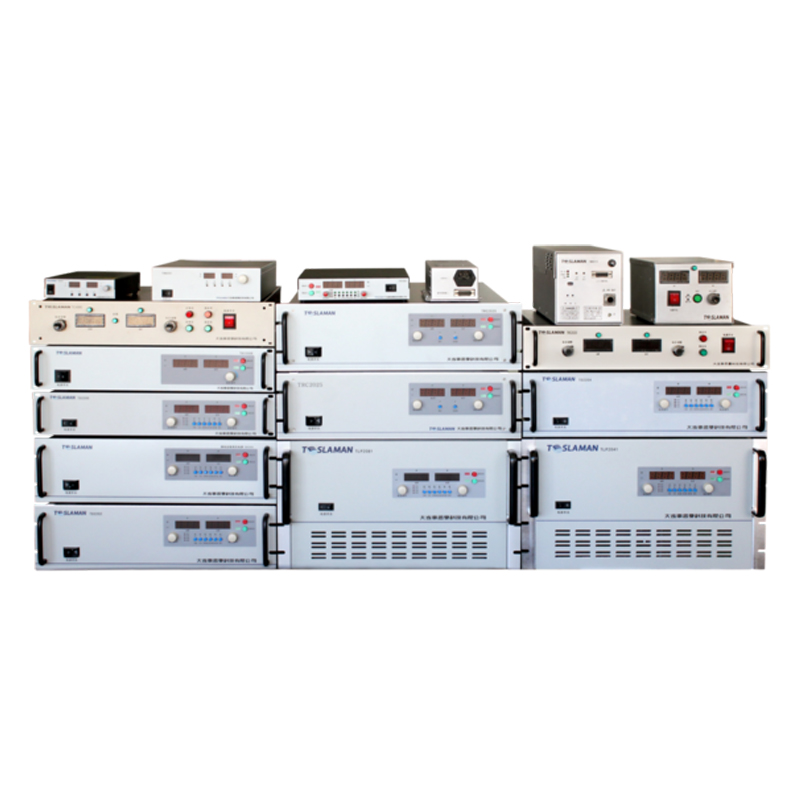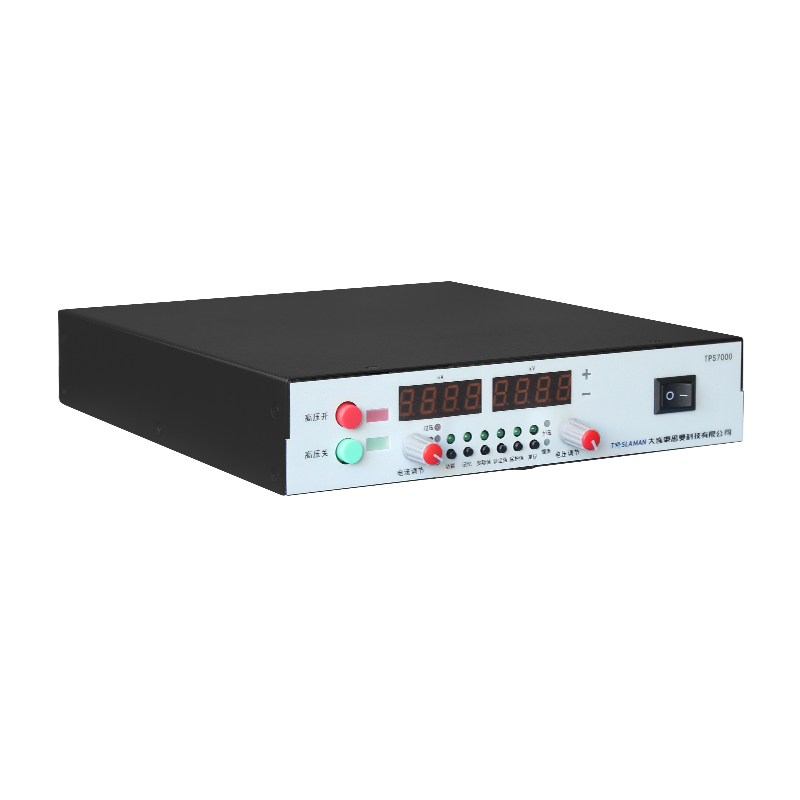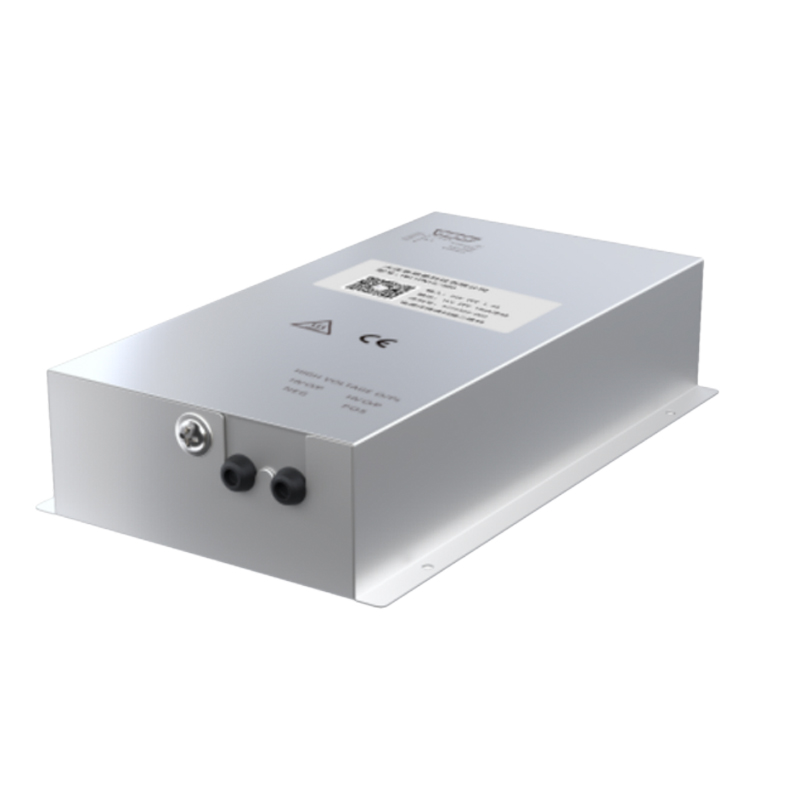Analysis of the Efficiency of Coating Pulse High voltage Power Supply
In the field of material surface treatment and coating processes, the efficiency of the coating pulse high voltage power supply plays a crucial role in achieving high quality and high performance coating results. It not only determines the stability of the coating process but also affects various performance indicators of the film, such as adhesion, uniformity, and density.
I. Working Principle of Coating Pulse High voltage Power Supply
The coating pulse high voltage power supply converts the input alternating current into a periodic high voltage pulse output through a specific circuit topology. During the rising and falling edges of the pulse, the power supply can quickly provide and cut off energy, ionizing the gas in the coating chamber to form a plasma. The ions in this plasma, under the action of a high voltage electric field, bombard the surface of the target material at high speed. The sputtered target atoms or molecules are deposited on the surface of the substrate material, thus forming a thin film.
II. Key Efficiency Indicators
1. Output Voltage Stability
During the coating process, stable output voltage is of utmost importance. Minor voltage fluctuations can lead to changes in plasma density and energy, thereby affecting the uniformity and thickness consistency of the thin film. A high performance coating pulse high voltage power supply is equipped with a high precision voltage feedback control mechanism. This mechanism can monitor and adjust the output voltage in real time, ensuring that the voltage fluctuation is controlled within a very small range under different load conditions.
2. Pulse Frequency and Duty Cycle Adjustability
Different coating materials and processes require different pulse frequencies and duty cycles. For example, for some metal coatings, a higher pulse frequency can increase the deposition rate, while an appropriate duty cycle can optimize the crystalline structure of the thin film. An excellent coating pulse high voltage power supply can provide a wide range of pulse frequency and duty cycle adjustments to meet the diverse requirements of coating processes.
3. Energy Conversion Efficiency
The energy conversion efficiency is directly related to production costs and the operational stability of the equipment. An efficient power supply design can reduce energy losses during the conversion process, reduce heat generation, and extend the service life of the power supply. Advanced power conversion technologies and circuit designs enable the coating pulse high voltage power supply to achieve high energy conversion efficiency while ensuring output performance.
III. Impact on Coating Quality
1. Film Adhesion
Appropriate parameters of the pulse high voltage power supply can make the ions bombard the substrate surface with suitable energy, enhancing the chemical bonding between the film and the substrate, thus improving the adhesion of the film. If the power supply output is unstable and the ion energy fluctuates too much, the adhesion of the film may decrease, resulting in problems such as peeling and flaking.
2. Film Uniformity
Stable voltage output and precise pulse control contribute to the formation of a uniform plasma distribution on the substrate surface, thereby achieving uniformity in film thickness and composition. When the power supply efficiency is poor, the plasma distribution is non uniform, which easily causes local over thickening or thinning of the film, affecting the overall performance of the product.
3. Film Density
Proper pulse energy and frequency can make the deposited atoms or molecules arrange more orderly on the substrate surface, forming a dense film structure. Dense films have better performance in terms of corrosion resistance, wear resistance, etc., and this largely depends on the precise control ability of the coating pulse high voltage power supply.
IV. Application Scenarios and Development Trends
Coating pulse high voltage power supplies are widely used in fields such as optical coating, electronic device coating, and surface protection coating of mechanical parts. With the continuous progress of science and technology, the requirements for coating quality and performance are increasing day by day. Coating pulse high voltage power supplies are also developing in the direction of higher precision, higher efficiency, and greater intelligence. In the future, the power supply will be more closely integrated with the coating process. Through big data and artificial intelligence technologies, adaptive process parameter optimization will be realized, further improving the efficiency and quality of coating.
As one of the core equipment in the coating process, the improvement of the efficiency of the coating pulse high voltage power supply is of great significance for promoting the development of coating technology and meeting the needs of various industries for high performance thin film materials. Continuously optimizing and innovating power supply technology will bring broader application prospects for coating processes.




















